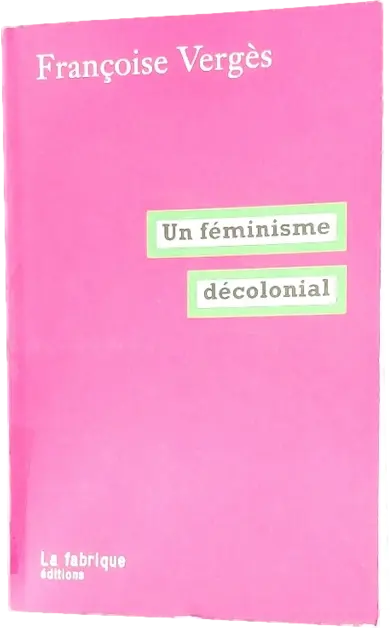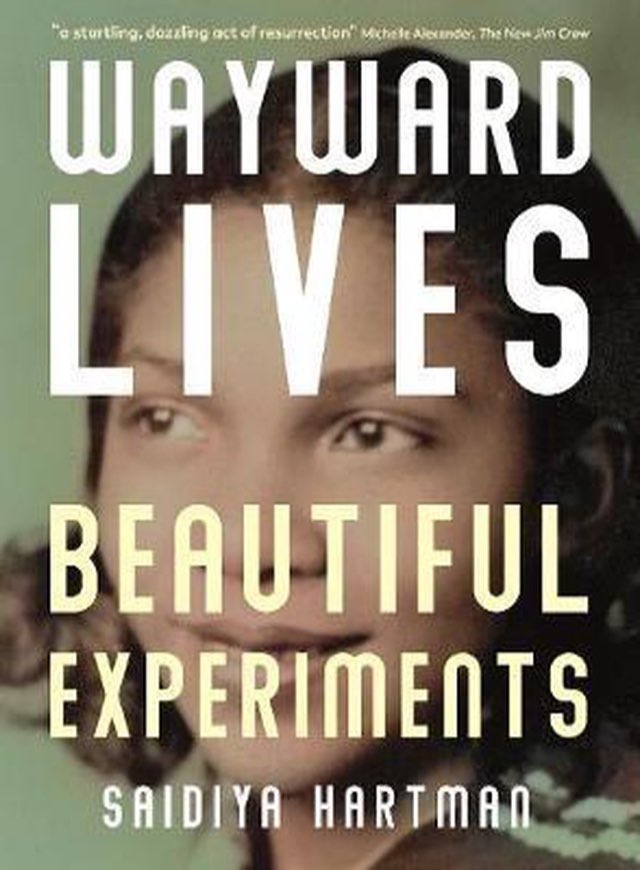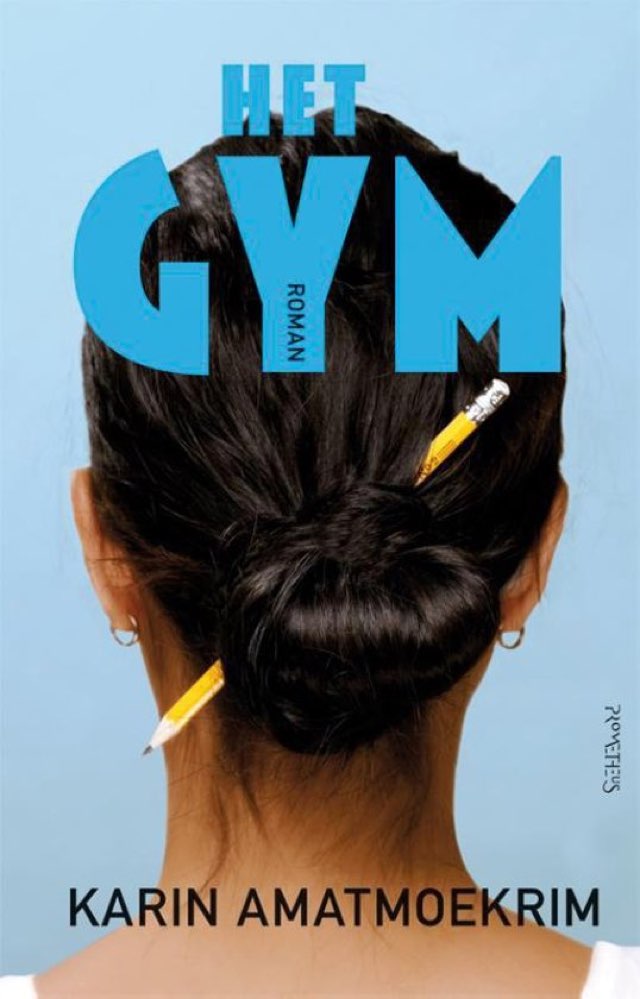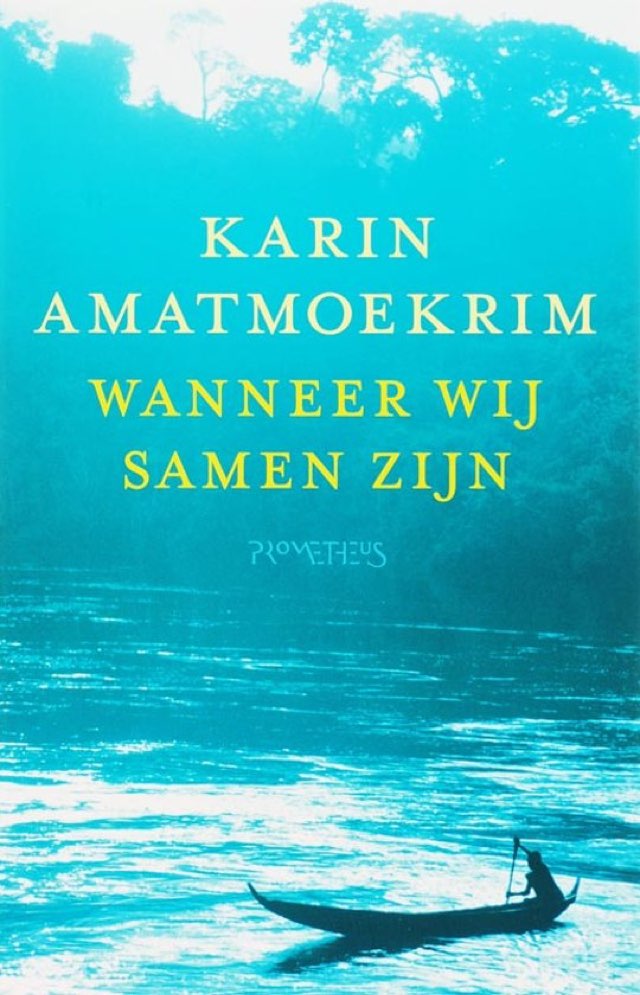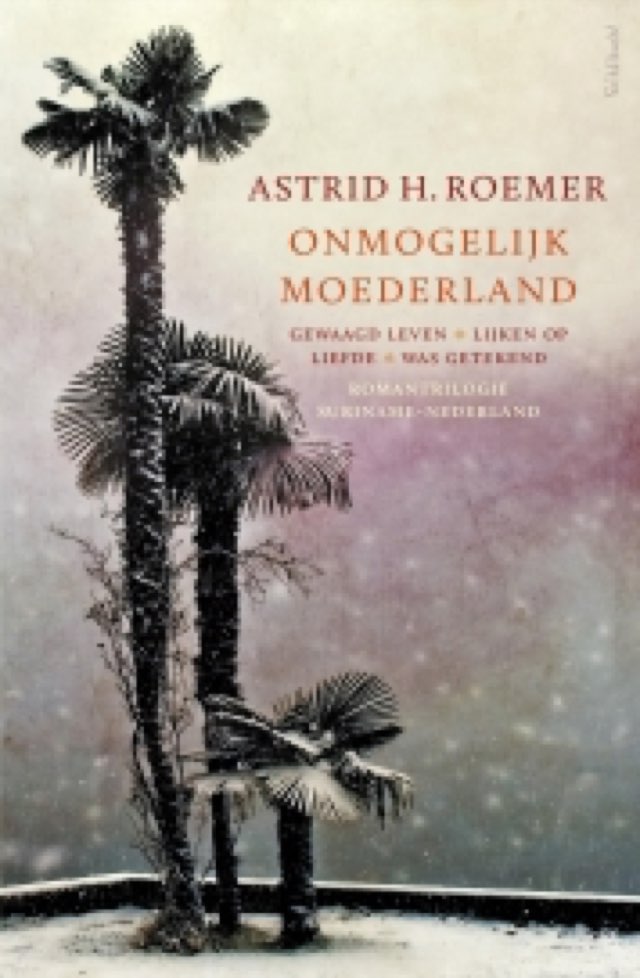Historic Encounters
de Appel, Schipluidenlaan 12, Amsterdam
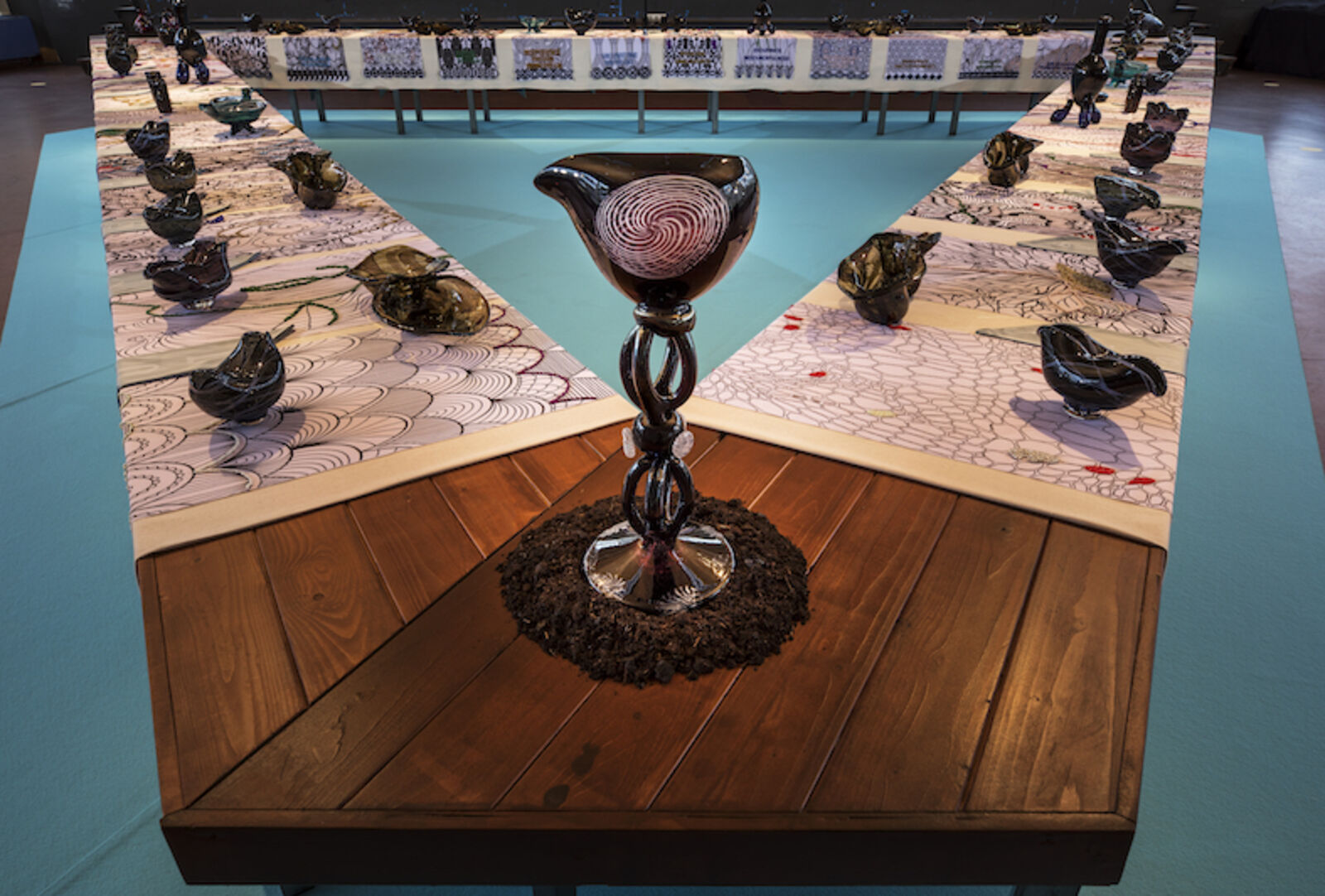

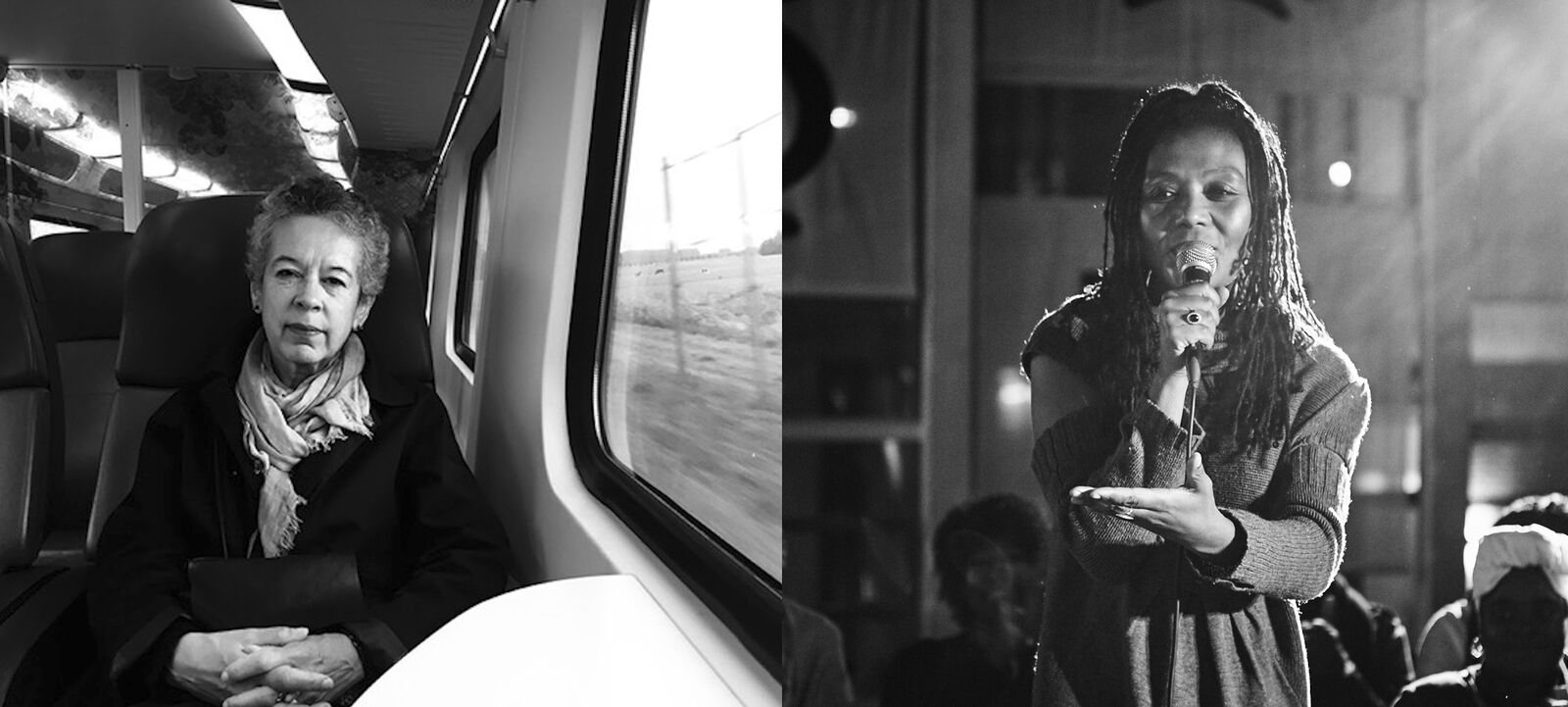

If I didn’t define myself for myself I would be crushed into other people’s fantasies for me and eaten alive.
– Audre Lorde
Guess Who’s Coming To Dinner Too? is an artwork that speaks to the transformative power of collective encounter within the inter-generational and trans-continental work of dismantling structures of colonialism, sexism and racism. This premise will be brought to life through a three-part conversation series that stages the exhibition as a platform for new meetings, renewed solidarity and shared story-telling. Three Historic Meetings (Historische Ontmoetingen), will host first encounters between pairings of renowned women of colour whose lives and works share great resonance, but who have not before had the opportunity to appear together in public. These meetings are organised by discipline between two writers, two artists, and two public thinkers—all of whom have challenged the possibilities of their fields in the Netherlands and internationally. Guiding and connecting these historic encounters, Patricia Kaersenhout has proposed the theme of “Dignity”—opening conversations that raise and yet go beyond frameworks such as diversity and visibility.
The three Historic Encounters will be moderated by Lisenne Delgado.
Please be sure to reserve ahead for each of the three events at reservations [at] deappel.nl
10 October
19:00-21:00
Astrid H. Roemer & Karin Amatmoekrim
The first Historic Encounter brings together two luminaries of Dutch literature who will meet across generations in discussing anti-colonial narration combining fiction and personal experience. Born in Paramaribo in 1947, Astrid Roemer is a renowned poet and novelist in the Dutch language whose literature is recognised for vividly inscribing Surinam and its people since the 1970s into the broader Dutch language imaginary. In 2016 Roemer was awarded the prestigious P.C. Hooft award where the jury noted that, "political engagement and literary experiment go hand in hand with Roemer". Also born in Paramaribo in 1976, Karin Amatmoekrim is a rising figure in Dutch literature as well as currently undertaking a PhD and writes regularly for the NRC Handelsblad. Amatmoekrim’s novels trace new threads of home and identity, often through her own family history in Java and Surinam, as well as through the anti-colonial writer and freedom fighter Anton de Kom. This conversation will bring forward shared intergenerational experiences and touch upon the theme of dignity through the writer’s craft, offering storylines, characters and lyrics that counter and rise above colonial narratives.
31 October
19:00 - 21:00 Patricia Kaersenhout & Ansuya Blom
For the second Historic Encounter, Patricia Kaersenhout has invited fellow artist Ansuya Blom to join her in a dialogue. Although based in the Netherlands throughout their careers and keenly aware of each other’s work, Kaersenhout and Blom have never met in person before this occasion. Kaersenhout studied at the Rietveld Academy and has exhibited widely in the Netherlands as well as internationally in exhibitions such as Manifesta 12 in Palermo and Prospect 4 in New Orleans. Blom has exhibited widely including the Aperto 90 La Biennale di Venezia, a solo presentation at the Stedelijk Museum Amsterdam, and in screenings at the Museum of Modern Art in New York. She is an advisor at the Rijksakademie. The meeting will explore both artists’ pathways of formation, along with their respective approaches to the social and political constraint. With means and materials that link personal experience to social structures, both artists have challenged modes of representation and contributed new paths in artistic expression albeit in differing ways. The meeting also takes place against the backdrop of significant solo exhibitions in the Netherlands for both artists: Kaersenhout’s Guess Who’s Coming To Dinner Too? at De Appel in Amsterdam and a selection of works from over thirty years’ of practice for Blom as part of four solo presentations collectively entitled Het is of de stenen spreken (silence as a commons) at Casco in Utrecht. A finer sense of dignity emerges as a crucial anchor for both artists who shape the debate around identity and social transformation in the Netherlands and abroad.
1 December
19:00-21:00
Françoise Vergès & Philomena Essed
The official closing of the exhibition will coincide with the third historic encounter, which brings together Philomena Essed and Françoise Vergès – two major figures in a trans-national public discourse which traces and profoundly transforms colonial trade routes. Over the past three decades, both Essed and Vergès have revolutionized how we think and speak about feminism, sexuality, racism, slavery and forms of resistance to colonial systems. Essed is a professor of Critical Race, Gender, and Leadership Studies at Antioch University, and is renowned for introducing the concepts of everyday racism and gendered racism which continue to shape critical responses to institutionalised racism internationally. She has been a Deputy Member of the Netherlands Institute for Human Rights and has been honoured with a Dutch knighthood in 2011. Vergès is a political scientist, feminist, anti-racist activist, film-maker and curator. Vergès’ public advocacy has included signing the founding call for the Marches for Justice and Dignity in France – actions which greatly inspire the connecting thread of “Dignity” linking the Historic Encounters. On this occasion, we pose the question of how to persist in dignity beyond this moment. The evening opens with a Haka, a ceremonial Maori men’s dance in honour of women, that Patricia Kaersenhout gained permission to enact from Maori authorities.





